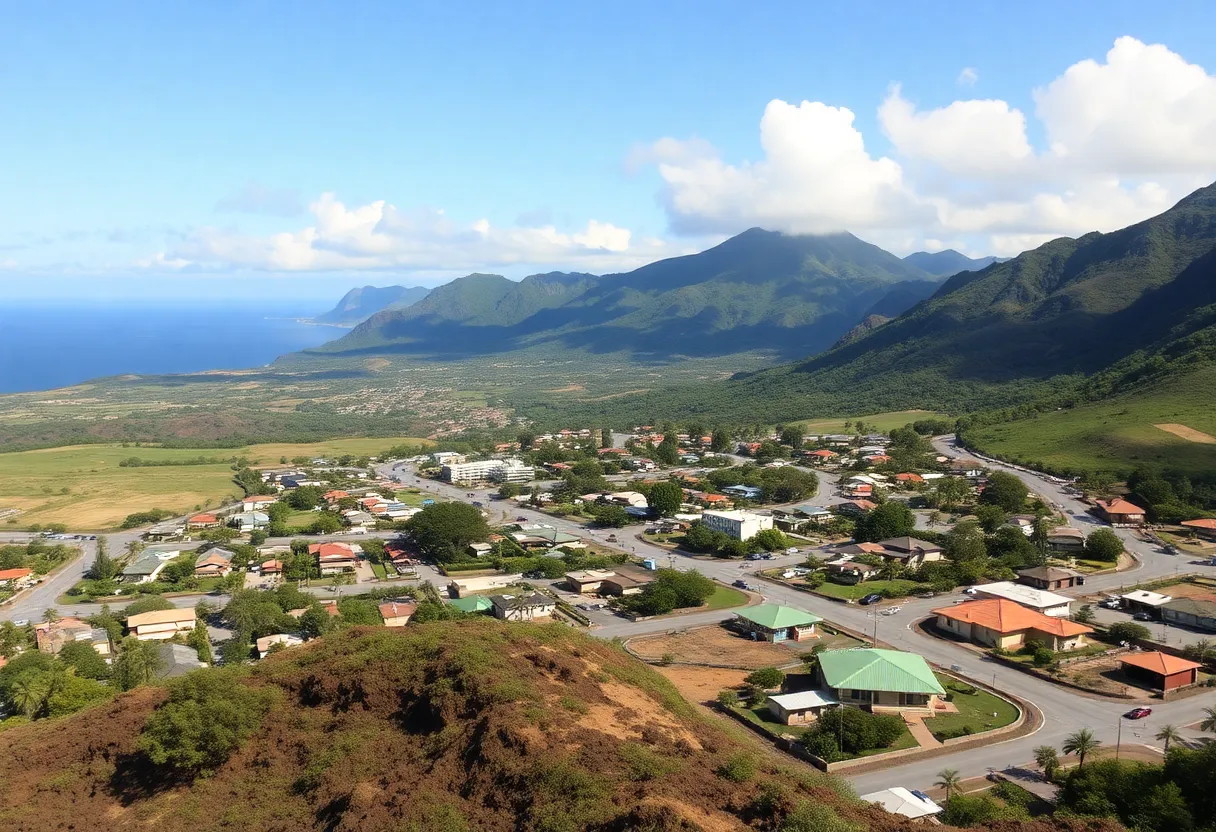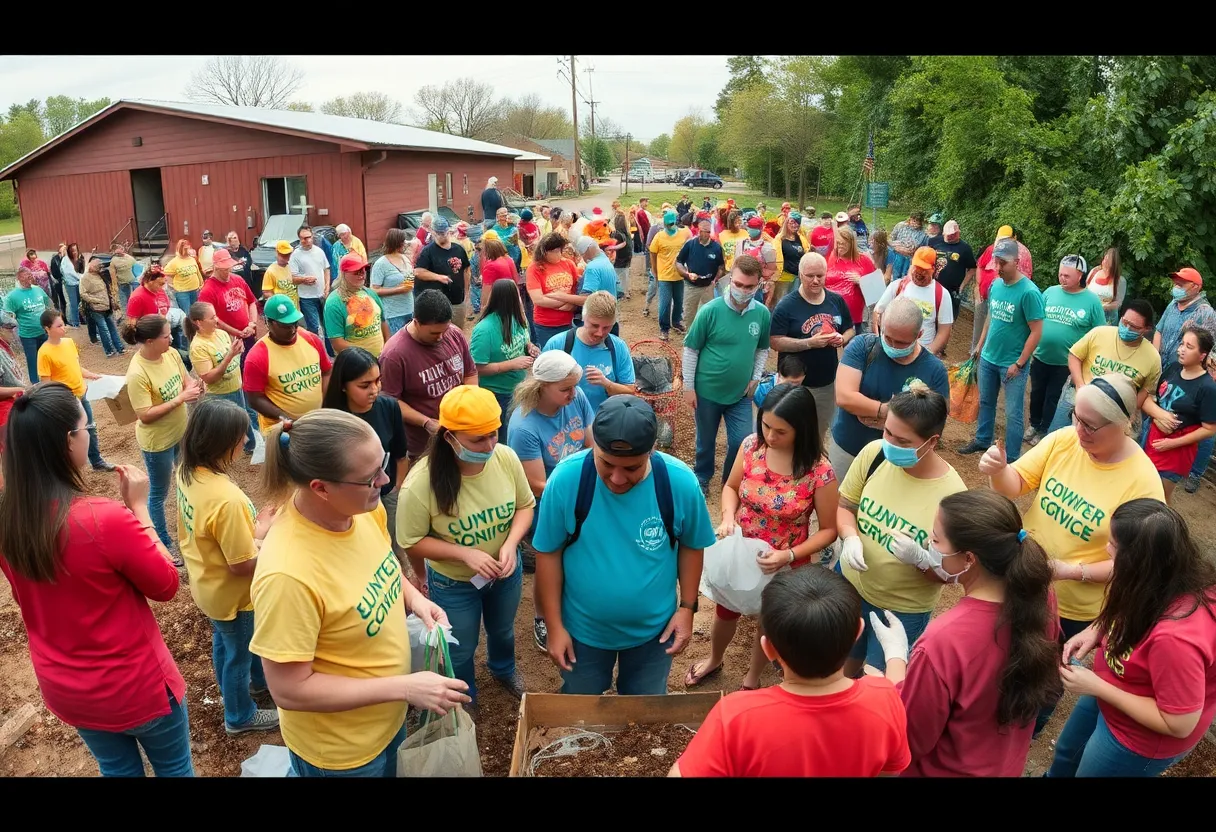News Summary
Hawaii’s Attorney General Anne Lopez leads a coalition of attorneys general from 22 states in an effort to unfreeze critical FEMA funding for wildfire recovery. A U.S. District Court order compels FEMA to release promised funds, which are vital for the Hawaii Department of Human Services’ Disaster Case Management Program. The delays in funding could severely impact support for over 4,431 wildfire survivors as critical deadlines approach. With nearly $500 million in aid at stake, Hawaii’s recovery efforts are in a precarious situation, necessitating immediate federal assistance.
Hawaii’s Fight for FEMA Funding: A Race Against Time!
In a major move to boost recovery efforts following devastating wildfires, Hawaii’s Attorney General Anne Lopez is spearheading a motion alongside a coalition of attorneys general from 22 states. They are pushing to have crucial FEMA funding unfrozen, which has become a pressing need for many in Hawaii still grappling with the aftermath of the wildfires.
A Legal Tug-of-War
The coalition recently filed a second motion, reinforcing a U.S. District Court order from Rhode Island that compels FEMA to release funds that have already been promised. Previously, a temporary restraining order prevented any interruptions in federal grants and loans destined for state programs, but that has now evolved into a preliminary injunction issued earlier this month.
Lopez has made it clear that there’s a court ruling in place that forbids FEMA from freezing or blocking any funds earmarked for both Hawaii and other states affected by disasters. This disruption in funding is more than just a bureaucratic hiccup; it’s severely affecting the Hawaii Department of Human Services’ Disaster Case Management Program (DCMP).
Impact on Maui Wildfire Survivors
The DCMP is vital for those who survived the wildfires, providing hands-on help from trained disaster case managers. However, if the funds aren’t released by April 4, this program could come to a screeching halt! Right now, the DCMP is managing 1,729 active cases and has been a lifeline for 4,431 individuals who desperately need assistance.
Hawaii is used to seeing FEMA reimbursements within a week, but this time around, the wait has extended to almost 30 days, following a policy change that’s thrown a wrench into the process. The state’s treasury can only manage a maximum of three business days’ worth of cash for these funds. Without reimbursements by March 31, the future of the DCMP hangs in the balance.
Critical Support at Risk
The delays have raised alarms among officials, including a deputy director of the DHS who noted that thousands of wildfire survivors are now facing jeopardized support. With the clock ticking, the situation is growing more dire by the day.
In the political arena, there are ongoing discussions about reorganizing FEMA to enhance states’ autonomy in managing disaster responses. However, this has sparked outrage among some leaders, including Hawaii’s governor, who views FEMA as an indispensable ally in their recovery journey.
FEMA’s Role in Recovery
FEMA has been instrumental in providing nearly $500 million in direct aid to wildfire victims. The governor has defended FEMA’s efforts, emphasizing its critical role in preventing homelessness and structuring long-term recovery in Hawaii.
The agency’s funding for individual needs and long-term recovery is now at risk as Congress deliberates on additional funding. The federal government has already spent around $3 billion on recovery efforts, but it faces significant funding limitations that could hinder ongoing initiatives.
What’s Next for Maui?
Efforts are being made to clear debris, with forecasts estimating that this cleanup will wrap up by February 2025. Local authorities are keen to focus on rebuilding essential infrastructure while being sensitive to the cultural nuances of the area.
As discussions about disaster relief funding continue in Congress, it’s clear that the future of recovery efforts in Maui hangs in a delicate balance. So, as the state navigates these challenges, the support of federal funding remains crucial to rebuilding the lives affected by the wildfires.
In the face of ongoing struggles, it’s evident that Hawaii is bringing all its forces to bear in this fight for recovery and support. Let’s hope this motion leads to prompt action, allowing those directly impacted to receive the assistance they critically need.
Deeper Dive: News & Info About This Topic
HERE Resources
23 States Unite for Federal Aid to Maui Wildfire Survivors
Assistance on the Horizon for Aiken County Residents Affected by Hurricane Helene
Michigan Faces Challenges as Federal Disaster Recovery Funds Frozen
FireAid Concert Raises $100 Million for Wildfire Relief
Additional Resources
- Spectrum Local News: Hawaii AG Coalition Files Motion to Unfreeze FEMA Funding
- Wikipedia: Federal Emergency Management Agency
- Hawaii News Now: Hawaii Governor Calls President’s Attack on FEMA Absurd
- Google Search: FEMA Funding Hawaii
- Government Executive: Maui Wildfire Recovery Effectively Paused Without Additional Funds
- Google Scholar: Disaster Relief Funding
- CNN: FEMA Disaster Funding Explained
- Encyclopedia Britannica: FEMA
- The Conversation: Could States Handle Disaster Response Without FEMA?
- Google News: Hawaii FEMA Funding 2025







